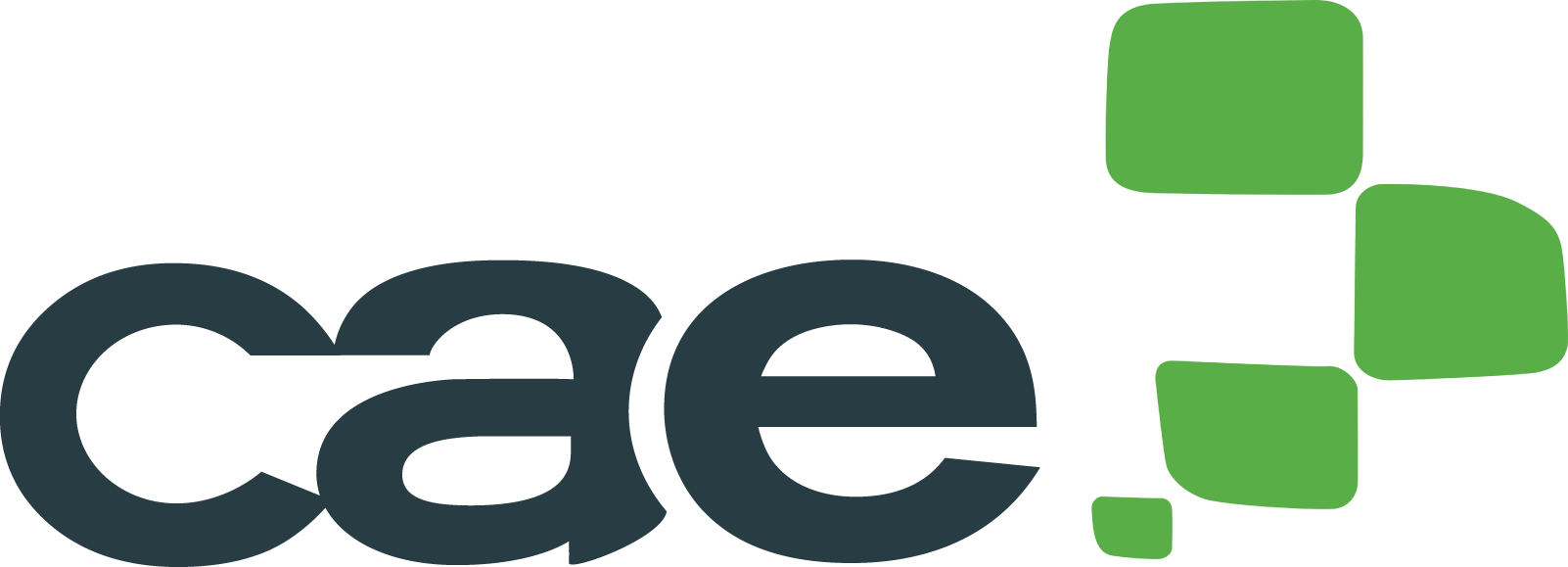When considering the overall management of administration and training processes, learning platforms, or LMS (Learning Management System), can offer so much. Advantages include supported face-to-face learning, and online and blended learning solutions which facilitate and improve upon traditional educational methods. LMS can also save organisations time and money by allowing the easy administration of large amounts of information in a user friendly, web based environment.
With a good learning management system you can effectively manage sign ups/registration, users, students, courses, online content, tutors, supervisors, calendars, hours, groups, access, notifications, communication/messages, certificates and reports. A great advantage and benefit for any educational institution or business.

Benefits of Learning Management Systems
#1. Saving time and money
The use of LMS or learning platforms to create, manage and carry out educational and training programs saves businesses hours of time when compared to traditional methods. LMS allow the organisation, level of automisation and programming in line with the needs of the learners and employees. The use of online classrooms reduces costs most of all in businesses where on many occasions employees have needed to travel for training sessions and stay in hotels etc. Thanks to LMS, businesses and educational institutions save on costs which they can then allocate to other resources. Online classrooms allow the simultaneous training of people studying from different geographical locations, and these courses can then be used again and again with new groups of learners.
#2. Efficient management
Learning platforms allow effective complete overall control of administration, automisation, communication with users, teachers and trainers, and of course content management. They allow efficient management of registrations/sign ups, and creation of groups and courses. The roles of tutors, students, supervisors and administrators can all be managed on the LMS, and notifications, reminders and messages to users can be administered easily. It can used as a powerful tool which allows the creation and management of content and subjects in a simple and intuitive way. Students can upload and share content and work or projects with their teachers and fellow learners, which in turn is stored in a database.
#3. Easy access to information
All of the information is structured in an organised way in the same place, making it accessible to all users. Courses, calendars, multimedia content, archives and evaluations are accessible in just one click. All learners have access to learning content and materials at any time and from any place where they have internet access.
#4. Personalisation
Learning platforms also allow each institution or organisation complete personalisation. The corporate image and brand can be incorporated into the platform and different elements and features can be tailored to the company or organisation’s taste. They can be multi language platforms, or monolingual. What’s more is different portals and user IDs can be created without the need for additional installations, and can function simultaneously with web access. The possibilities are endless and could also include systems for the evaluation of learners or exams/testing.
#5. Up to date and immediate content
Learning Management Systems allow administrators instant access to update the content of courses, or to add materials and resources for students for immediate access.
#6. Advanced reporting
These innovative management systems allow the creation, personalisation and download of detailed reports outlining the progress of the learners, groups, completion of work, time taken etc which allows easy evaluation of their progress either as a group or individually.
#7. Multimedia learning
The systems allow businesses and educational institutions to create multimedia learning content which is comprehensive and practical, using video, images, audio and text which all serve as great tools in learning new skills or information. Learners can also communicate with their trainers or teachers and their classmates via chat platforms and online forums, creating a more collaborative, interactive, attractive and personal learning environment.
#8. Improved communication
LMS facilitate communication and collaboration between people, whether it be students and teachers or administrators and employees, or between all users of a platform with a permanently open channel of communication. They facilitate the overall management of communication: global or individual emails, messages, forums and agenda. An environment where the user can find all the important or vital information in just one screen.
#9. Sales and commercialisation
Finally, LMS can generate profit for businesses and institutions thanks to the sales of online courses via e-commerce, which can be managed and automated on the platform and paid for by credit card or bank transfer. Students can sign up to a course and pay easily online. There is no limit to the number of courses a student can sign up to, and no limit to the growth in student numbers and courses provided.
Without a doubt, learning platforms are a powerful 360º tool which so many businesses and educational institutions should consider for their unlimited benefits. With good implementation they can generate great results in training and educational growth. Click to find out more about learning through CAE’s LMS fully integrated with SCORM course compatibility, student community, and virtual classroom all under one platform, providing a unique learning virtual environment.


